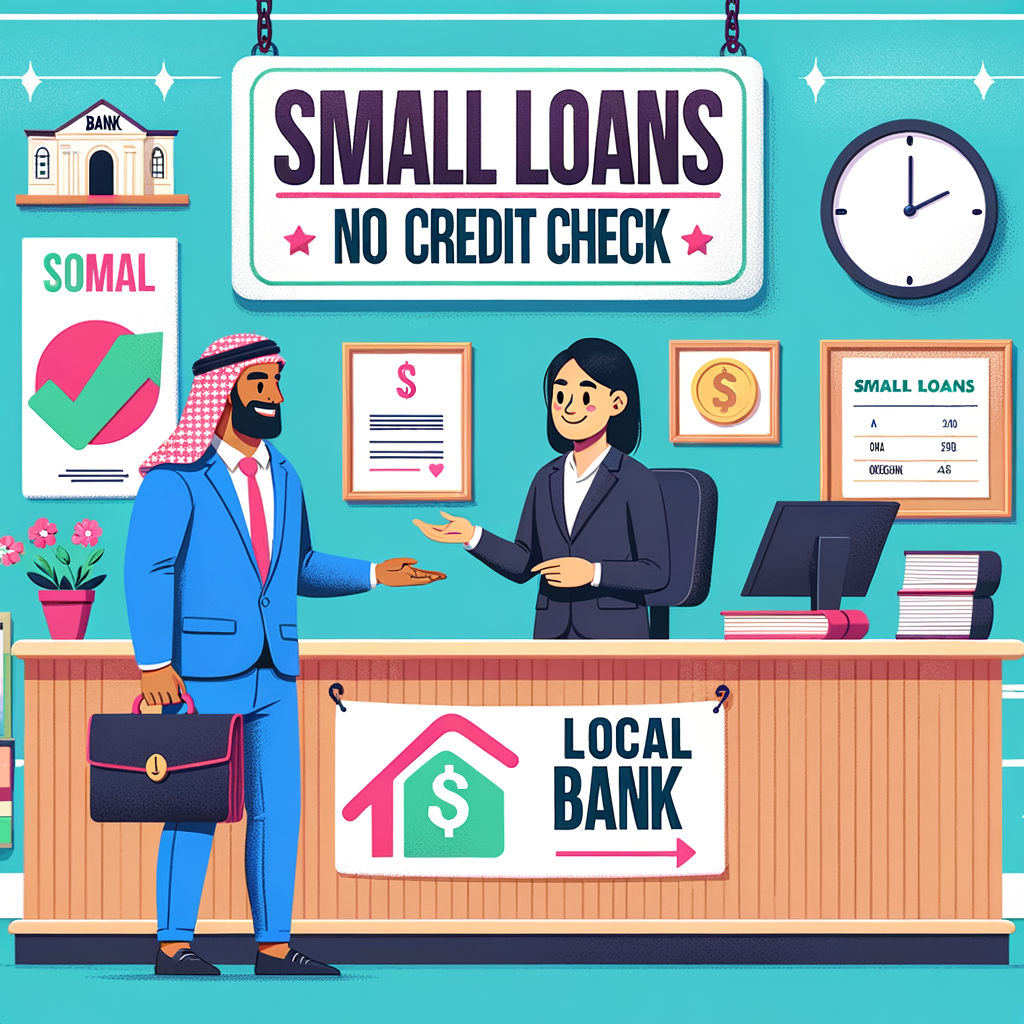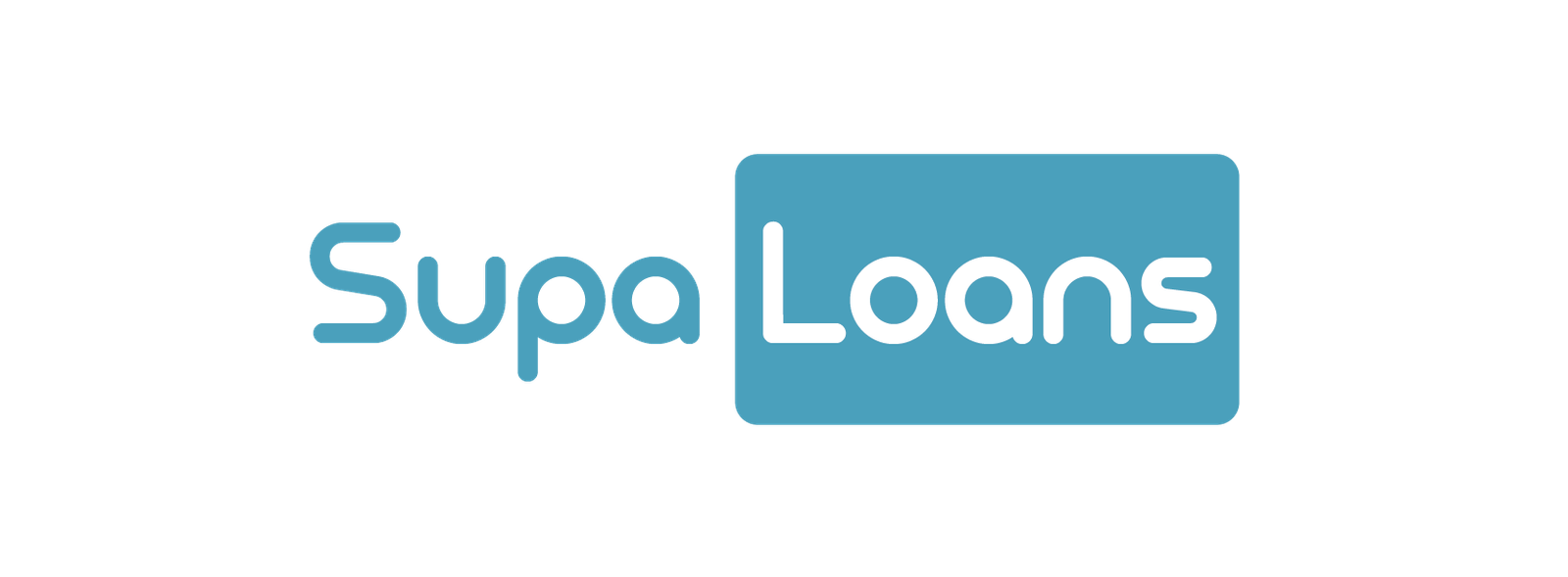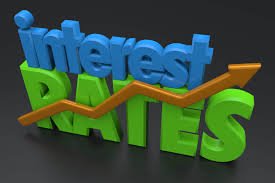Small Loans No Credit Check
Small Loans No Credit Check – small loans, also known as personal loans or microloans, refer to financial products that typically encompass relatively low amounts borrowed by individuals. These loans are often characterized by their accessible application processes and shorter repayment terms compared to traditional loans. They are designed to provide quick and convenient financial assistance particularly in times of sudden need or emergency. Common uses for small loans include covering unexpected medical expenses, financing car repairs, or handling urgent household bills. Their utility lies in empowering individuals to bridge gaps in their finances efficiently.
There are various types of small loans available on the market, each catering to different needs and financial situations. One prevalent option is the payday loan, which provides borrowers with cash advances against their next paycheck. These types of loans are often issued with minimal eligibility requirements, making them accessible for individuals with limited or poor credit histories. However, they can come with high-interest rates and fees, often making them a costly option if not repaid quickly.
Another type of small loan is the installment loan, which allows borrowers to receive a lump sum upfront and pay it back over time through fixed monthly installments. While eligibility criteria can vary among lenders, there are options available that do not rely on credit checks, making them a viable choice for those with poor credit. Beyond these, peer-to-peer lending platforms have emerged as an alternative, enabling individuals to borrow directly from other people without traditional financial institutions acting as intermediaries.
Through this overview, it is evident that small loans serve an important role in the financial landscape, providing solutions for individuals facing immediate monetary challenges, especially those with a less than ideal credit history. Understanding the various options available can help potential borrowers make informed decisions tailored to their unique financial circumstances.
The Concept of Loans Without Credit Checks
Loans without credit checks represent a financial product designed to provide access to funds for individuals who may struggle to secure traditional loans due to low or nonexistent credit scores. Unlike conventional loans, which heavily rely on credit history as a primary means of assessing eligibility, no credit check loans focus on other criteria, such as income verification or employment status. This alternative approach aims to assist borrowers unable to obtain credit from mainstream lenders, facilitating financial relief in times of need.
Typically, these loans can include payday loans, installment loans, and title loans. Eligibility requirements for no credit check loans may vary by lender but generally include proof of income, a valid identification document, and a bank account. Given that lenders utilize alternative assessments, the approval process tends to be faster when compared to traditional lending options. This expediency is significant for individuals experiencing urgent financial hardships, as it typically allows them to receive funds more rapidly.
Nevertheless, while the benefits of loans without credit checks include accessibility and speed, potential drawbacks exist. Notable among these are higher interest rates and the possibility of unfavorable repayment terms. Borrowers might find themselves facing substantial financial burdens if they cannot meet the repayment obligations, leading to a cycle of debt. It is essential to conduct thorough research and weigh the pros and cons before committing to this financing option, as it can significantly affect personal financial health.
In conclusion, understanding the mechanics and implications of loans without credit checks is vital for informed decision-making. These loans can serve as a viable financial solution for those with limited credit history, yet responsible borrowing practices and caution are paramount to avoid long-term financial pitfalls.
Types of No Credit Check Loans
No credit check loans encompass a variety of financial products designed to provide borrowers with quick access to funds without the burden of credit history evaluations. Among these options, payday loans, title loans, and personal loans from select lenders are particularly prominent, each offering unique features, advantages, and drawbacks.
Payday loans are short-term, high-interest loans that typically allow individuals to borrow against their next paycheck. These loans are often small amounts and are intended to cover urgent expenses, such as medical bills or utility payments. While they provide rapid relief, the significant downside is their steep interest rates, which can lead borrowers into a cycle of debt if not managed prudently. It is crucial to repay them promptly to avoid accrued charges that can exceed the original loan amount significantly.
Title loans, on the other hand, involve using a vehicle’s title as collateral. This means borrowers can secure a loan with their automobile, allowing for potentially larger sums compared to payday loans. Title loans tend to come with lower interest rates, but they carry the risk of losing one’s vehicle if the borrower fails to repay the loan on time. It is essential for borrowers to weigh the risk of collateral against their immediate financial needs.
Lastly, some lenders specialize in personal loans that do not require credit checks. These loans may cover a broader spectrum of needs, including debt consolidation or home improvements. They can be less exploitative than payday or title loans, often providing longer repayment terms and more reasonable interest rates. However, potential borrowers should research the lender’s reputation and terms thoroughly to avoid predatory lending practices.
Each type of no credit check loan serves different financial situations, and understanding their pros and cons can help individuals make informed decisions tailored to their specific circumstances.
The Application Process for Small Loans
Applying for small loans without credit checks can seem daunting, yet understanding the steps involved can simplify this process. First, prospective borrowers should identify the lenders who offer such loans. Researching various lenders to find one that fits your financial situation and needs is crucial. As credit checks are not part of the process, terms may vary significantly between lenders.
Once a suitable lender is selected, the next step involves preparing the necessary documentation. Generally, these documents include proof of identity, income verification, and possibly bank statements. Providing detailed and accurate information is essential, as this will aid in expediting the approval process. It’s also advisable to gather any additional documentation that may be requested, as this can vary among lenders.
Following documentation preparation, applicants often need to complete a loan application form. This form typically requires personal information, including your name, address, social security number, and details about your employment. Some lenders may also inquire about your financial history, even in the absence of a credit check, to better understand your financial capabilities.
Regarding costs, potential application fees could contribute some financial burden. Applicants should inquire about any fees associated with processing the loan application, including origination fees. Understanding these costs upfront can help prevent surprises later in the process.
Once the application is submitted, borrowers should anticipate various timelines for approval. While some lenders may provide funding within a few hours, others may take longer to process applications. Open communication with the lender is key; this provides clarity on what to expect and ensures that all necessary information is processed efficiently.
Interest Rates and Fees: What to Expect
When considering small cash loans no credit check, it is essential to understand the various interest rates and fees that may be associated with these financial products. Generally, loans that do not require a credit check tend to have higher interest rates than traditional loans. This discrepancy arises primarily due to the higher risk lenders assume when they provide loans based on alternative evaluation methods, like income verification or employment history rather than credit scores.
The interest rates for no credit check loans can vary significantly, often ranging from 10% to as high as 200% or more, depending on the lender and the borrower’s financial situation. High-interest rates may be necessary for lenders to offset potential losses incurred from borrowers who may default without the positive reinforcement of a credit check. Fees can also play a critical role in determining the total expense of borrowing. It is not uncommon for lenders to impose origination fees, late payment penalties, or even prepayment penalties on these types of loans.
Furthermore, understanding the total cost of borrowing is vital for potential borrowers. This total cost includes not only the principal amount but also the accrued interest and any additional fees that may apply. It is advisable to carefully review any documentation provided by the lender, making sure to read the fine print and asking questions if necessary to clarify all applicable charges. Without a thorough comprehension of the financial obligations associated with no credit check loans, borrowers may find themselves in a precarious financial situation, struggling to meet payment requirements.
Ultimately, while small loans without credit checks can offer much-needed financial relief for those facing urgent cash needs, a discerning approach to interest rates and fees will help mitigate potential pitfalls associated with these lending options.
Risks and Challenges of No Credit Check Loans
No credit check loans may present an immediate solution for borrowers encountering financial difficulties, yet they are accompanied by several risks and challenges that should not be overlooked. One of the primary concerns is the exceptionally high interest rates commonly associated with these loans. Lenders offering no credit check options often charge elevated rates to compensate for the added risk of lending to individuals with poor or non-existent credit histories. As a result, borrowers may find themselves trapped in a cycle of debt, where the cost of servicing the loan surpasses their initial borrowing amount.
Moreover, the structure of no credit check loans frequently lacks flexibility. Many of these short-term loans are designed to be repaid in a relatively brief timeframe, which may not align well with the borrower’s income schedule. If an individual is unable to repay the loan on time, they could incur additional fees or be subjected to further borrowing to cover the original loan. This can lead to a vicious cycle of debt, making it increasingly difficult for borrowers to regain financial stability.
Another crucial factor to consider is the potential impact of no credit check loans on future credit opportunities. Repeatedly taking out high-interest loans can adversely affect a borrower’s credit score, especially if payments are missed or extended. Though these loans may temporarily alleviate financial stress, the long-term consequences can hinder the borrower’s ability to secure better financing terms in the future.
In summary, while no credit check loans might seem like a viable option for obtaining quick financial relief, borrowers should carefully weigh the high-interest costs, the risk of falling into debt cycles, and the adverse effects on future credit opportunities before proceeding with such loans. It is advisable to explore alternative funding options that may provide more favorable terms and reduced financial strain.
Finding Reputable Lenders
When it comes to securing small loans without credit checks, the first step is identifying reputable lenders. Given the increasing prevalence of financial institutions offering these types of loans, careful research is essential to ensure that your chosen lender is trustworthy and reliable. Start by exploring various lending platforms, both online and offline, taking note of their offerings and the specific terms associated with no credit check loans. This awareness not only aids in understanding available options but also assists in making well-informed decisions.
One effective strategy is to consult reputable websites that specialize in loan reviews and comparisons. These platforms can provide insights into various lenders, their services, customer feedback, and overall reputation in the market. Reading user reviews and testimonials offers a firsthand perspective on the lender’s reliability and service quality. Furthermore, positive reviews and high ratings from previous borrowers often indicate a credible lender, while consistently poor reviews may serve as a warning sign.
It’s also crucial to familiarize yourself with the terms and conditions associated with no credit check loans. Thoroughly reviewing these documents enables you to comprehend interest rates, repayment periods, potential fees, and any other crucial details. Make sure that the lending practices align with your financial capacity. Transparent lenders will provide clear information without hidden charges, allowing you to make informed choices regarding repayment.
Be vigilant about recognizing the signs of predatory lending practices. Common indicators include exorbitant interest rates, unclear repayment terms, and aggressive marketing tactics. If you encounter any red flags or feel pressured to borrow, it may be wise to reconsider and explore additional options. By being diligent in your research and keeping an eye out for reputable lending practices, you can make informed decisions that support your financial needs responsibly.

Alternatives to No Credit Check Loans
When considering financial relief options, individuals with poor credit often find themselves limited in alternatives, particularly when it comes to loans that do not require a credit check. However, various financing alternatives are available that may not necessitate credit evaluations, thereby providing individuals with more avenues to access funds. One option to explore is personal loans from credit unions. Unlike traditional banks, credit unions typically focus on building relationships with their members rather than merely assessing credit scores. Many offer reasonable interest rates and flexible terms, which can be beneficial for individuals seeking assistance without the worry of a credit check.
Another viable alternative is borrowing from family or friends. This approach not only circumvents the need for a formal loan process but often comes with the benefit of more favorable repayment terms. However, it is crucial to approach these transactions carefully; clear communication regarding repayment expectations and potential repercussions on personal relationships is necessary to avoid misunderstandings. Establishing a written agreement can help both parties remain accountable and alleviate any potential strain on the relationship.
Additionally, community assistance programs provide financial relief to those in need, often without requiring a credit check. Many local charities, churches, and non-profit organizations offer assistance for various expenses, including medical bills, utility payments, and housing. Researching available programs in one’s area can reveal resources that not only provide financial help but also offer a supportive network during difficult times.
In conclusion, while options like no credit check loans may be enticing, a broader understanding of alternative financing solutions is vital. Personal loans from credit unions, borrowing from trusted individuals, and community assistance programs are just a few alternatives that can offer valuable assistance to those facing financial difficulties without the constraints of credit checks.
Conclusion: Making an Informed Decision about Small Loans No Credit Check
As we have explored throughout this blog post, navigating the realm of small loans without credit checks can be a daunting yet vital task for many individuals seeking financial relief. It is essential to understand that while these loans may offer immediate assistance, they also come with specific risks and responsibilities. Carefully weighing the pros and cons of such financial products is crucial in ensuring that borrowers make informed decisions that align with their long-term financial goals.
One of the primary takeaways is the importance of exploring alternative options before committing to a small loan that bypasses credit checks. Potential borrowers should consider ways to improve their financial standing, such as enhancing their credit score or seeking financial education resources. By doing so, individuals could access more favorable loan conditions and avoid the pitfalls associated with high-interest rates and unfavorable terms.
Moreover, it is vital to engage in thorough research to compare different lenders and their offerings. Not all lenders operate the same way; therefore, understanding the specific terms, fees, and repayment schedules can significantly impact the borrowing experience. Financial planning plays a critical role; potential borrowers should establish a realistic budget that takes into account their current financial situation and future payment capability.
Lastly, those feeling uncertain about their borrowing options are encouraged to seek advice from financial professionals or trusted individuals with experience in handling loans. Accessing expert guidance can provide a clearer perspective and help in crafting a strategy for responsible borrowing. In conclusion, while small loans without credit checks can serve as a lifeline for many, responsibly navigating this financial avenue necessitates careful consideration and informed decision-making to promote sustainable financial health.
Small Loans No Credit Check






